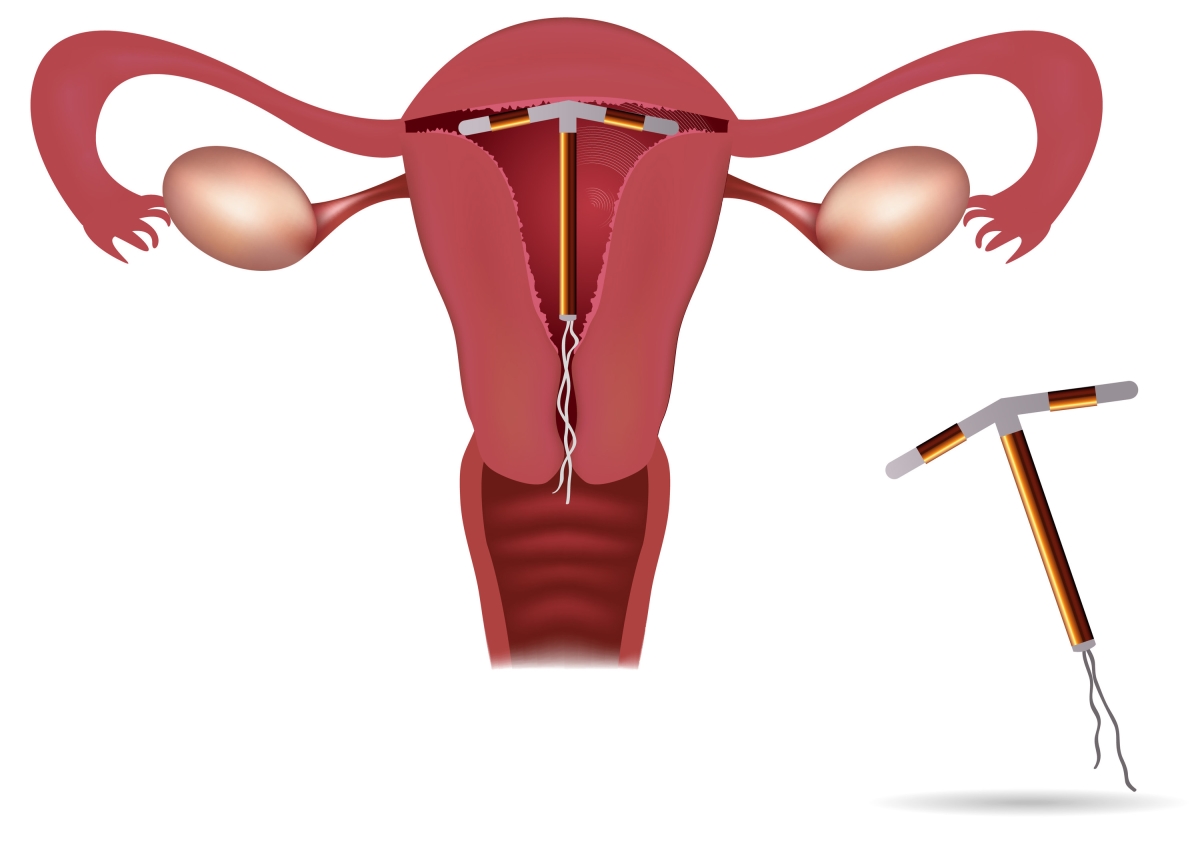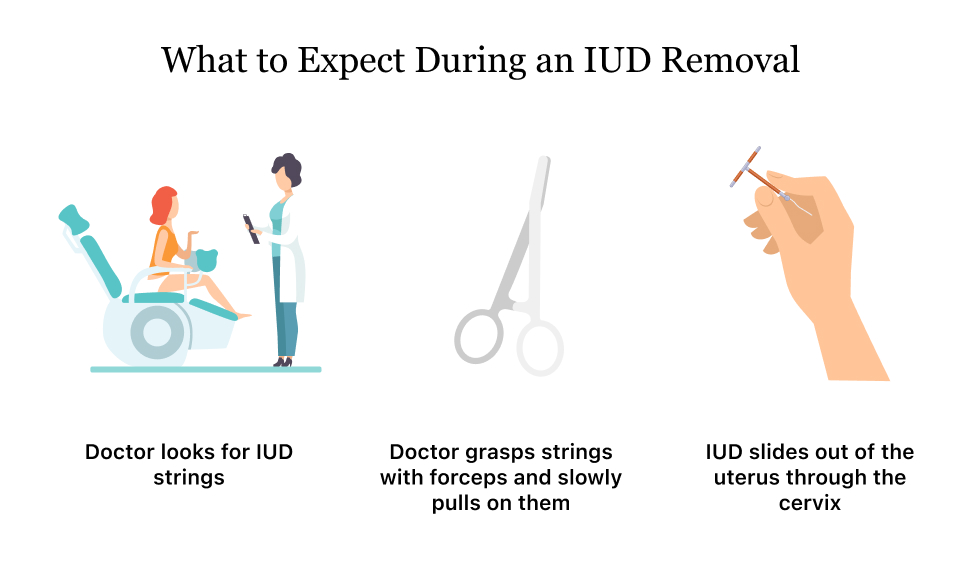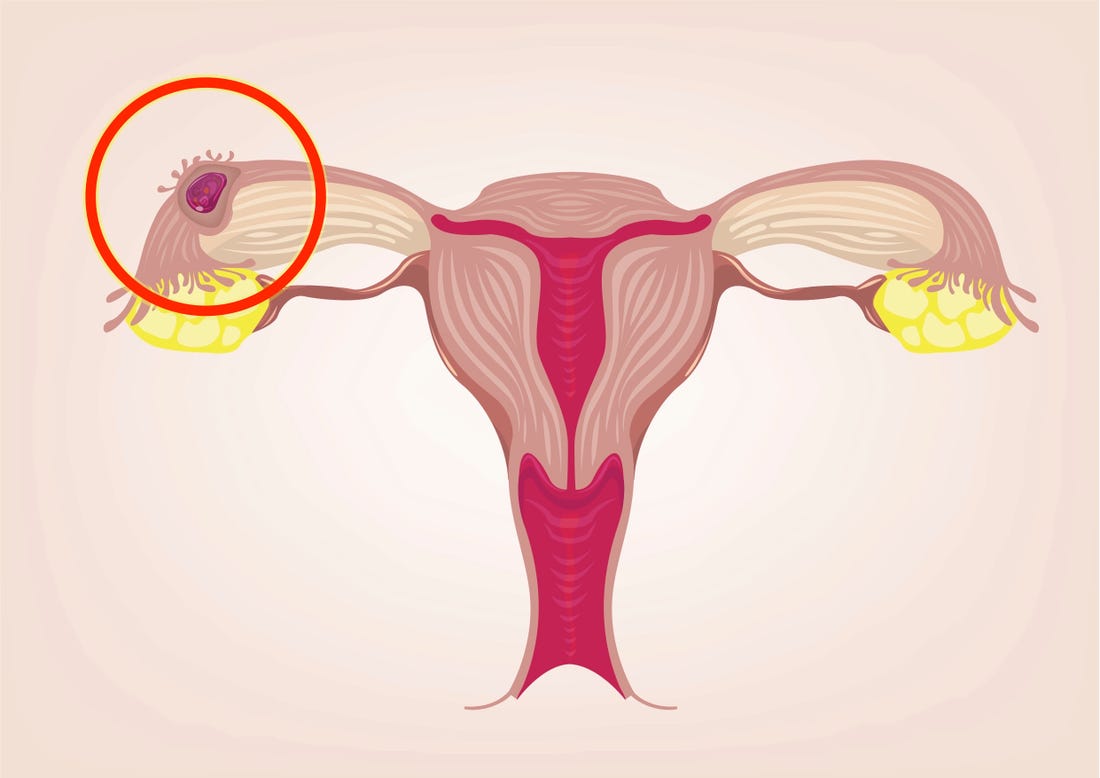Feel Better, Heal Faster with Total Laparoscopic Hysterectomy Surgery in Dubai
Women dealing with fibroids, bleeding, or other uterine conditions now have a better choice—Total Laparoscopic Hysterectomy Surgery in Dubai. This procedure is minimally invasive, less painful, and helps you get back to life...
Read More




